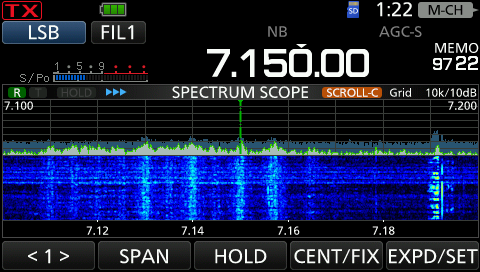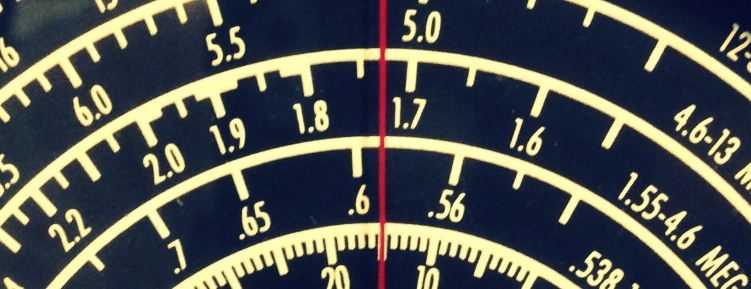Many thanks to SWLing Post contributor, 13dka, who shares the following guest post:
Massive jamming on 40m (possibly from Cuba) is bugging the radio community
by 13dka
Apparently this is going on for a week now on 40m:
Spent last night at my beach listening post on the German North Sea coast and found this fairly strong signal and a 40m band mostly cleared of any other signals. As soon as I found out that it wasn’t something local, I was wondering who’s responsible for this mess again. It looks like Josh (“Ham Radio Crash Course” YouTube channel) may have found a possible origin of that signal:
Here’s what it sounds like on each of the apparently manually controlled jamming channels:
Cuba would’ve probably been my last guess here on the other side of the big pond. 🙂 In other words, they – whoever they are – jam the band for at least half of the world. Luckily 40m isn’t exactly a pleasure in most of the summer anyway but after having to suffer OTH radars, FHSS blips and politically motivated broadcasting with associated jamming on 40m for a long time, this is a new low. I don’t want to get all political here but trying to erect some electromagnetic fence around a country has never really worked out, it’s just a futile, at most temporarily effective and symbolic act, perceived as pointless and aggressive vandalism out of blank despair by the rest of the world.
Ollie




